Mareike Janiak is a postdoctoral scholar at the University of Calgary. She received a Leakey Foundation grant in 2018 for her project entitled “Understanding adaptive radiation through evolution of digestive enzymes.”
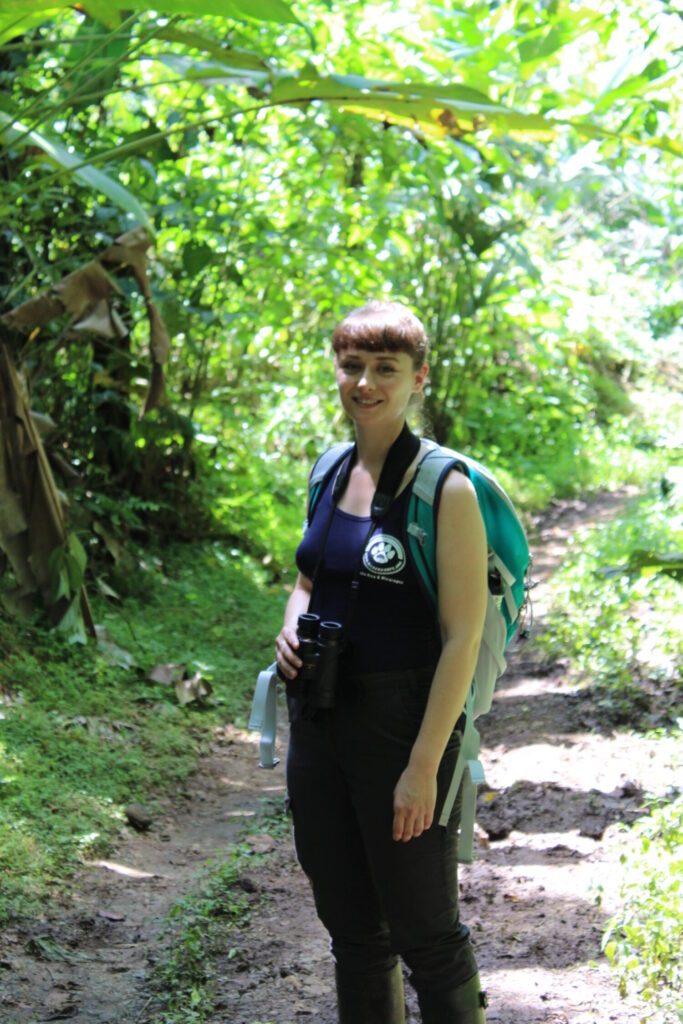
Were you always interested in science?
I wouldn’t say that I liked science as a child, but I definitely liked animals. I don’t remember being encouraged to be interested in science as a kid, it was more the opposite. I remember someone telling me “You’re a girl, you don’t have to be good at math!” The first person to actually spark a strong interest in science, especially biology and evolution, was my biology teacher in my last two years of high school. This intensified during my undergrad years at the University of Texas in Austin, which had excellent opportunities for undergraduate research.
How did you become interested in your current field?
I have to give credit to Dr. Chris Kirk at UT-Austin for that. I took his Intro to Physical Anthropology class because I needed another science credit (I was a psychology major), and his enthusiasm for the field was just infectious! I took several more primatology classes and decided to apply to grad schools for evolutionary anthropology.
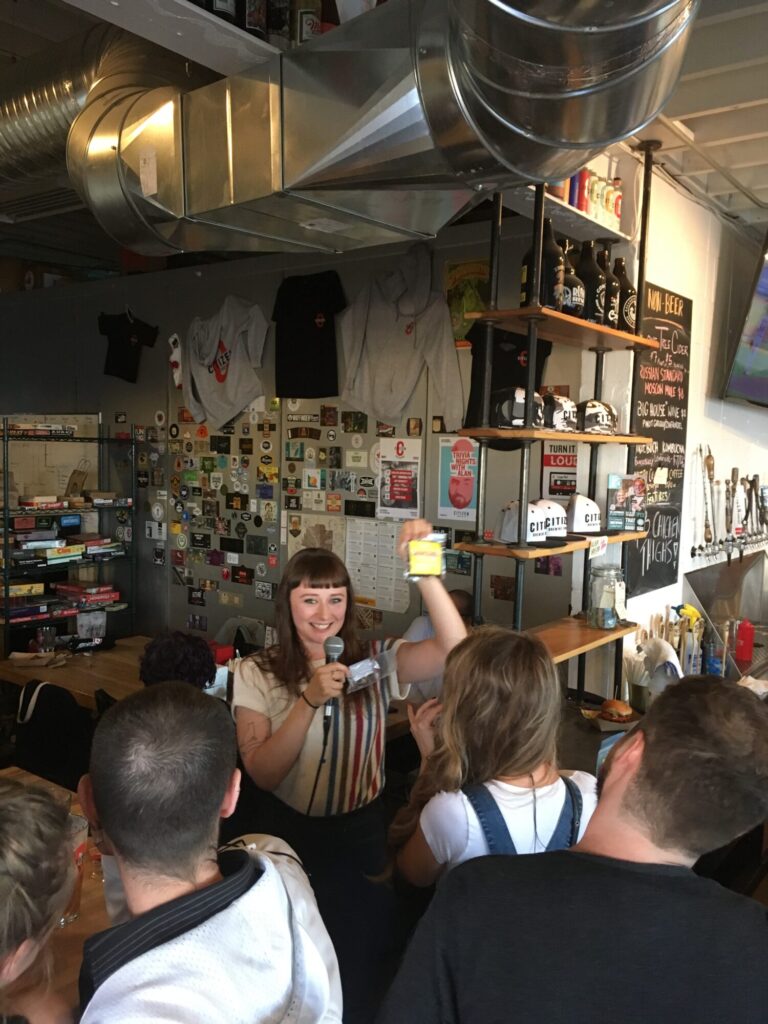
What is the big question you’re trying to answer through your Leakey Foundation-funded research project?
Our overarching goal is to get a better idea of the adaptations that make humans such “adaptable” and flexible creatures, especially when it comes to what we eat. Primates, in general, can survive on a wide variety of foods, but there are also a lot of species with a range of really specialized diets, like those focused on insects, leaves, or fruit, and all of these foods have different challenges when it comes to digesting them. But we know very little about how the species in these different dietary niches have adapted to digesting their foods.
So we’re looking for links between digestive enzyme adaptations and different diets in primates, but also other mammals to provide a broader comparative context. To do this in a non-invasive way, we turned to genomics – gene sequences contain an incredible amount of information that is available without the need for invasive animal research. We’re using published genomes and are also sequencing genes of interest in additional species.
For this, we designed something called a custom bait kit, which allows us to find and sequence only those regions of interest from a genetic sample. We just received our custom bait kit a couple of weeks ago and were excited to get sequencing, but unfortunately, the coronavirus outbreak has put that on hold. At the moment, all of us in the Melin Lab at the University of Calgary (including me) are doing our part to flatten the curve and are working only from home. Only essential (meaning mostly COVID-19) research is allowed to continue on campus, but I look forward to getting back to the lab at some point soon. In the meantime, we are planning on donating our spare gloves, masks, etc. to a hospital or lab that is testing for coronavirus.
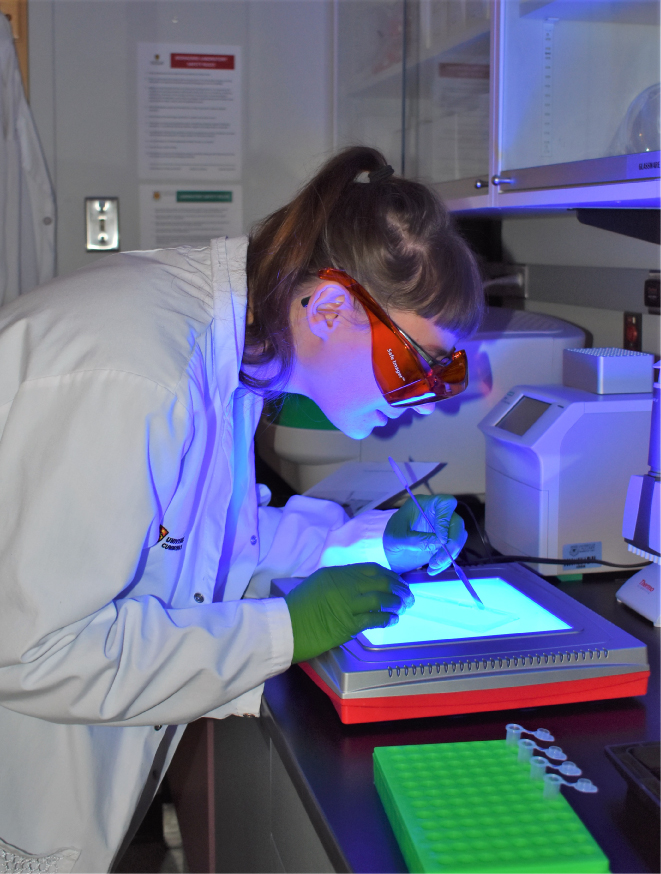
How did you feel when you found out you were awarded a Leakey Foundation grant?
I was thrilled, to say the least! I was waiting for a train in Penn Station in NYC when I got the email and immediately texted my co-PI (and supervisor extraordinaire) Amanda Melin a string of excited messages (lots of exclamation points!). This project is the focus of my postdoc with Amanda, so getting funding from The Leakey Foundation was crucial to being able to do the project in the way we had envisioned. The academic job market is tough (to say the least), so getting this grant and having the financial means to do my work is hugely important for early career researchers like myself.
What excites you about your work?
I love the feeling of discovering something about how evolution has shaped a species, even if it’s just a tiny glimpse of the overall picture. The incredible diversity of (animal) life is just fascinating to me and love being able to create and share new knowledge about all the forms that that diversity takes.
Can you tell us about something interesting you’ve discovered as you’ve been doing your research project?
I can’t quite reveal anything about the Leakey Foundation-funded project yet, but I am about to submit a paper that is on a related topic and was very fun to work on. Humans have a long history of intentionally producing (and consuming) alcohol and previous research found that we (and African great apes) have an adaptation in the alcohol dehydrogenase class IV gene that makes us much more efficient at metabolizing those products. We conducted a broad comparative study into this gene across mammals and found that some fruit- and nectar-eating mammals share that adaptation, which is interesting, but maybe more surprisingly, a number of mammals have actually lost that gene! This might provide some insight into those stories of “drunk” animals (like moose and elephants) we often hear about.
Much of my work is heavily computational, so I’ve had to learn (and continue to learn) how to code in R, Python, and bash. I definitely didn’t expect that when I started grad school, but I’ve actually come to really enjoy it.
At the moment, of course, I’m working only from home and the lab work needed for our Leakey Foundation-funded project is on hold. So I’m working on manuscripts for which we already have the data in hand, including one on age-related microbiome changes, which I was supposed to present at AAPA in April. With the meeting cancelled and lab work paused, the priority is now to get this manuscript out!
Why do you think research like yours is important?
I think understanding the evolution of the human diet is incredibly important, given that what we eat has such a large impact on our health.
Last but not least, what’s your favorite hominin?
My answer is obviously any of the Paranthropus species!


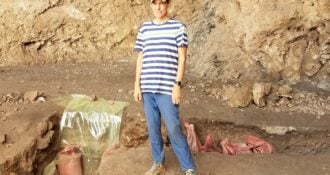
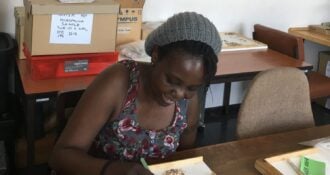
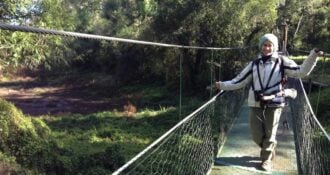
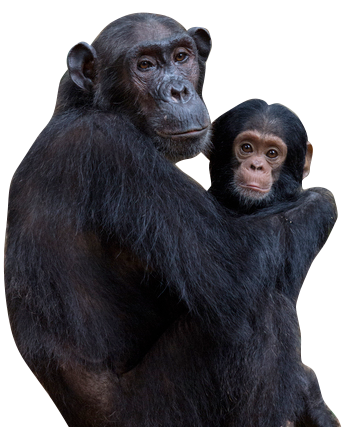
Comments 0